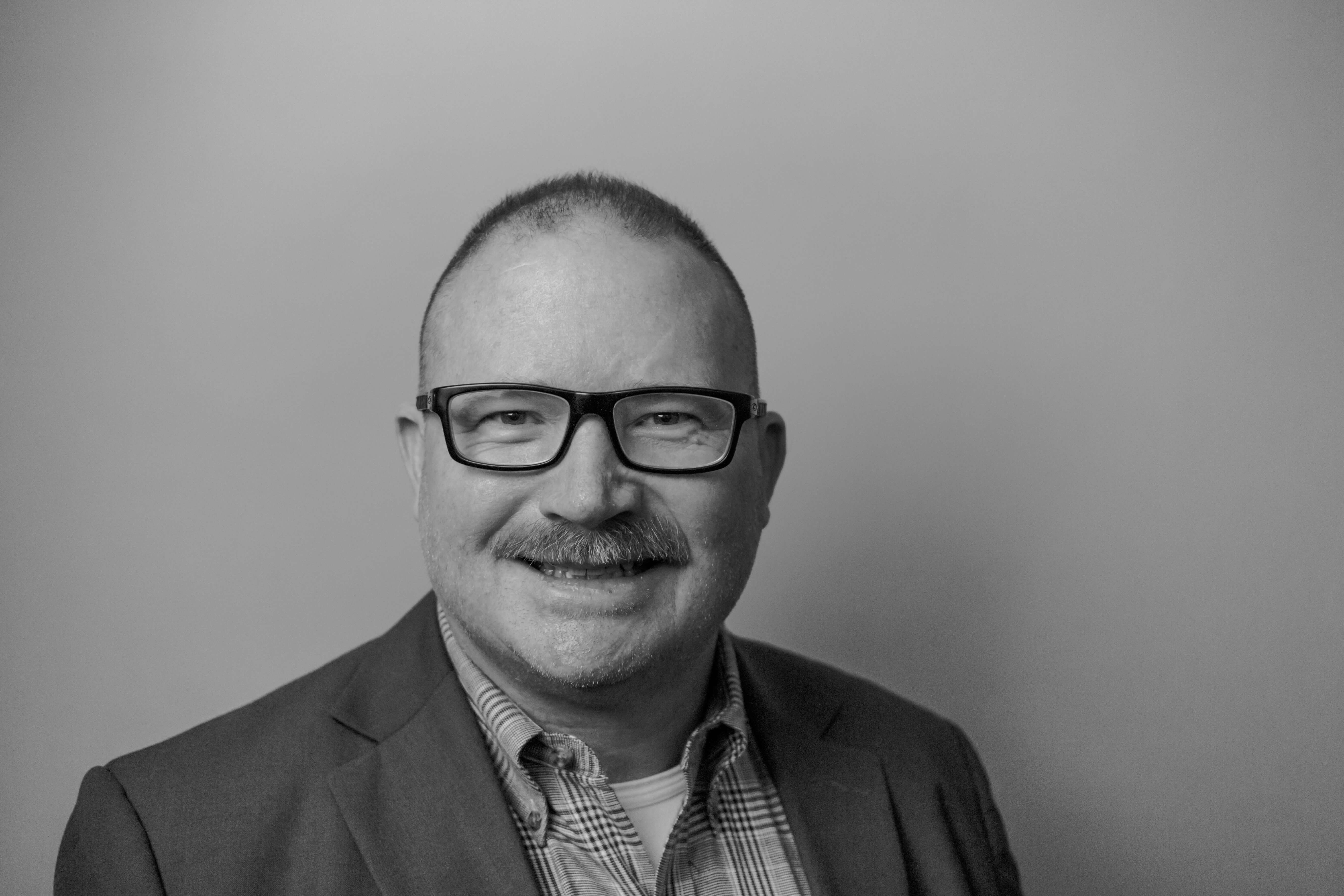
Faces of Innovation—a new GHTC project that features scientists on the front lines of research and development on new global health tools and technologies—profiles Dan Littlefield, who we met at the American Society of Tropical Medicine and Hygiene Annual Conference. Dan co-founded a cold-chain engineering company that worked with the Centers for Disease Control and Prevention and the Biomedical Advanced Research and Development Authority to distribute Ebola vaccines for clinical trials in Sierra Leone.
My name: Dan Littlefield, MS
Where I work: Modality Solutions LLC
I’m funded by: US Centers for Disease Control and Prevention (CDC), Biomedical Advanced Research and Development Authority (BARDA)
My research: I’m a principal and one of the founding members of Modality Solutions. We’re a cold-chain engineering company that’s headquartered in League City, Texas, just outside of Houston. We do a lot of work with pharmaceutical and biotech companies to ensure their product, when it gets to the patient, is just as good as when it left manufacturing.
Back in 2015, we were contacted by a contractor for the US government because there was a critical need in West Africa to support getting vaccines there as part of a phase III clinical trial that the CDC and BARDA were sponsoring in Sierra Leone for an Ebola vaccine.
Motivation: We’re a growing company, we recruit a lot of young engineers, and when I talk to engineers, I find that we all love to do engineering work, but we also all like the direct impact of helping people. And one of the great things about the work we’re doing, especially with the emergency response clinical trials, is that there is a direct tie between the work we’re doing and how we’re saving lives.
Why US federal support is critical: First, this is a national security issue because diseases like Ebola are dangerous. They’re dangerous to civilian populations in West Africa and potentially dangerous to US populations as well. And I think there’s an important diplomatic aspect to it. A lot of these countries are allies to the United States, and one of the ways to lift them up and improve living conditions in those countries is to go and do this kind of work. It also provides a stabilizing influence and improves local capabilities as well. That’s one of the things we try to focus on: it’s not about going in and doing the work and leaving, it’s about going in and training the local staff because a lot of very smart pharmacists and medical doctors don’t have a lot of experience dealing with heat transfer and thermal packaging and managing temperature-sensitive pharmaceuticals. If we can go in and transfer that knowledge, it really enhances them and helps them for the future, not just for clinical trials, but even just for standard vaccine strategies and drug treatments.
When I’m not in the lab: My hobby is that I work as a reserve patrol sergeant with the Galveston Sherriff’s office. Galveston County is a big county just south of Houston. I work uniform patrol there, and I’m a weapons and tactics instructor for the department—so that fills up the rest of my time.

